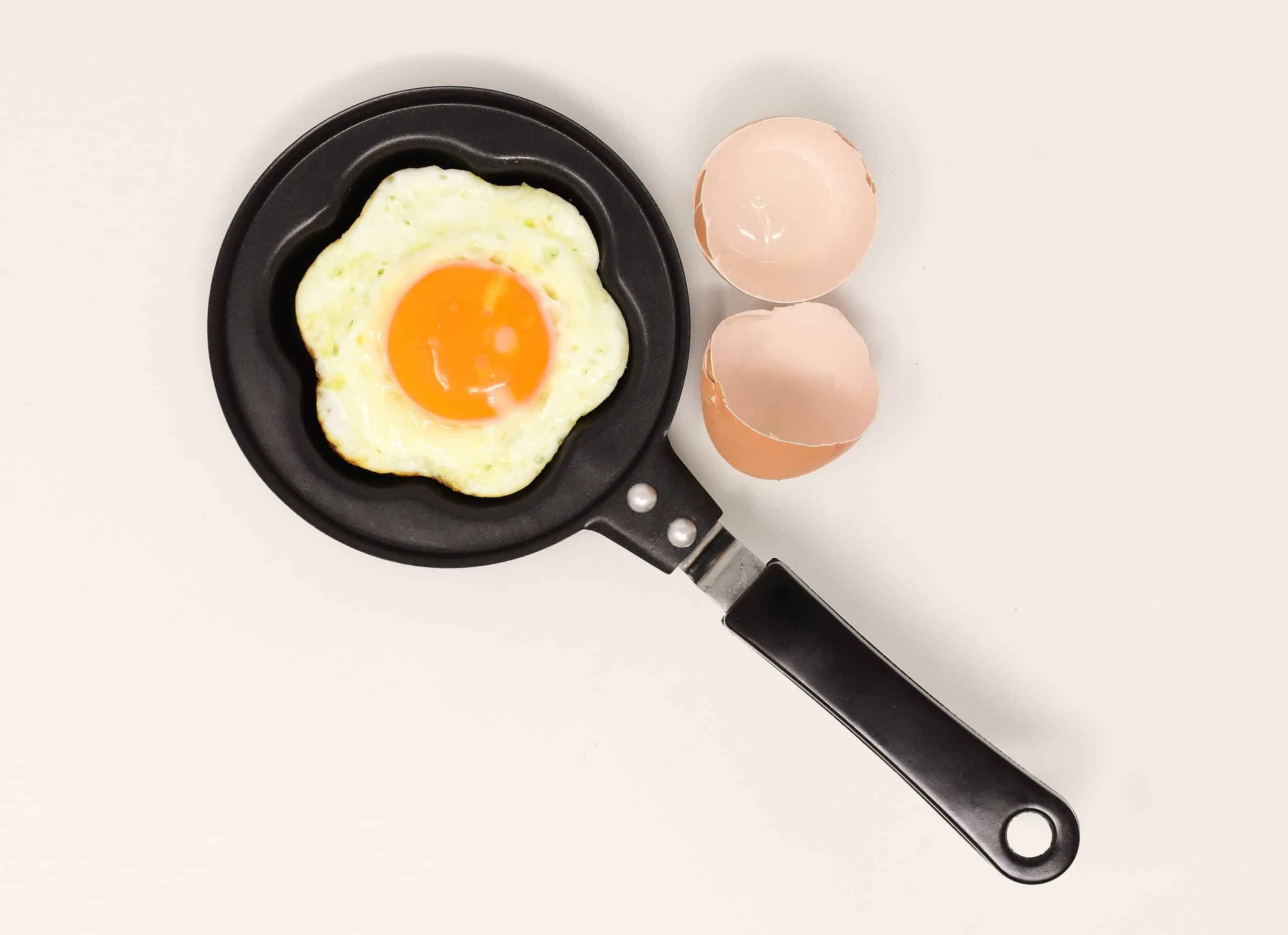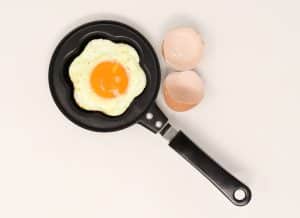
Download the free "5 MUST KNOW AB EXERCISES"
- Follow-along Workout Plan Included
- Start Burning Fat and Tone Up

 At Prime Fitness in Totowa, New Jersey, we focus on exercise, but also provide other tips to help people become their own best selves. Eating healthy and choosing nutrient-dense foods are part of that advice, especially if you’re trying to shed extra pounds and reduce your daily calorie intake. While consuming vegetables and fruit is a no-brainer, when it comes to choosing healthy foods, other foods that help you slim down, while providing important nutrients, too.
At Prime Fitness in Totowa, New Jersey, we focus on exercise, but also provide other tips to help people become their own best selves. Eating healthy and choosing nutrient-dense foods are part of that advice, especially if you’re trying to shed extra pounds and reduce your daily calorie intake. While consuming vegetables and fruit is a no-brainer, when it comes to choosing healthy foods, other foods that help you slim down, while providing important nutrients, too.
If you want a complete protein source that also has other nutrients and benefits, choose eggs. That’s especially true of eggs from pastured chickens—chickens that have complete access to areas where they can eat bugs, plants, and other natural food. The nutritional value of pastured eggs is the greatest because their diets are more varied. Eggs from pastured chickens are more nutrient-dense. An average size pastured egg only contains 78 calories, but it’s higher in choline, vitamins A, B, D, and E, selenium, and riboflavin. Pastured eggs contain twice the amount of omega 3, 3 times as much vitamin E, and seven times as much beta carotene. If you can’t find pastured eggs, eggs from traditionally raised hens are still nutrient-dense.
If you want food that gives you more nutrient bang for each calorie, consider greens, such as kale, cabbage, and spinach. Kale is just 7 calories per cup, but contains 0.8 grams of fiber, and is high in vitamin A, K, and C. It’s high in potassium and calcium, plus contains 0.6g of protein. Spinach is also 7 calories per cup, but contains almost twice the required daily value for vitamin K, over half the daily value for vitamin A, and 13% of the daily value for manganese. It’s also high in folate.
If you want to eat healthier, fill your plate with a rainbow of colors. Purple beets are another low-calorie, nutrient-dense food. Beets may be higher in calories, with 58 calories per cup, but they’re also more filling because of their density and high fiber. They are an excellent source of magnesium, potassium, and folate and have 2.2g of protein. Beets are an excellent choice for people with high blood pressure. It contains nitrates that convert to nitric oxide, who relaxes blood vessels and lowers blood pressure. They’re full of antioxidants, too. Studies show they may be good for stabilizing blood sugar levels, even though they are very sweet. They may improve insulin sensitivity.
For more information, contact us today at Prime Fitness Studio